Re-Rooted - Read more stories
Read more stories from this collection
Every story of starting again is different. Read more from this collection to learn about other experiences of rebuilding a life in the UK.
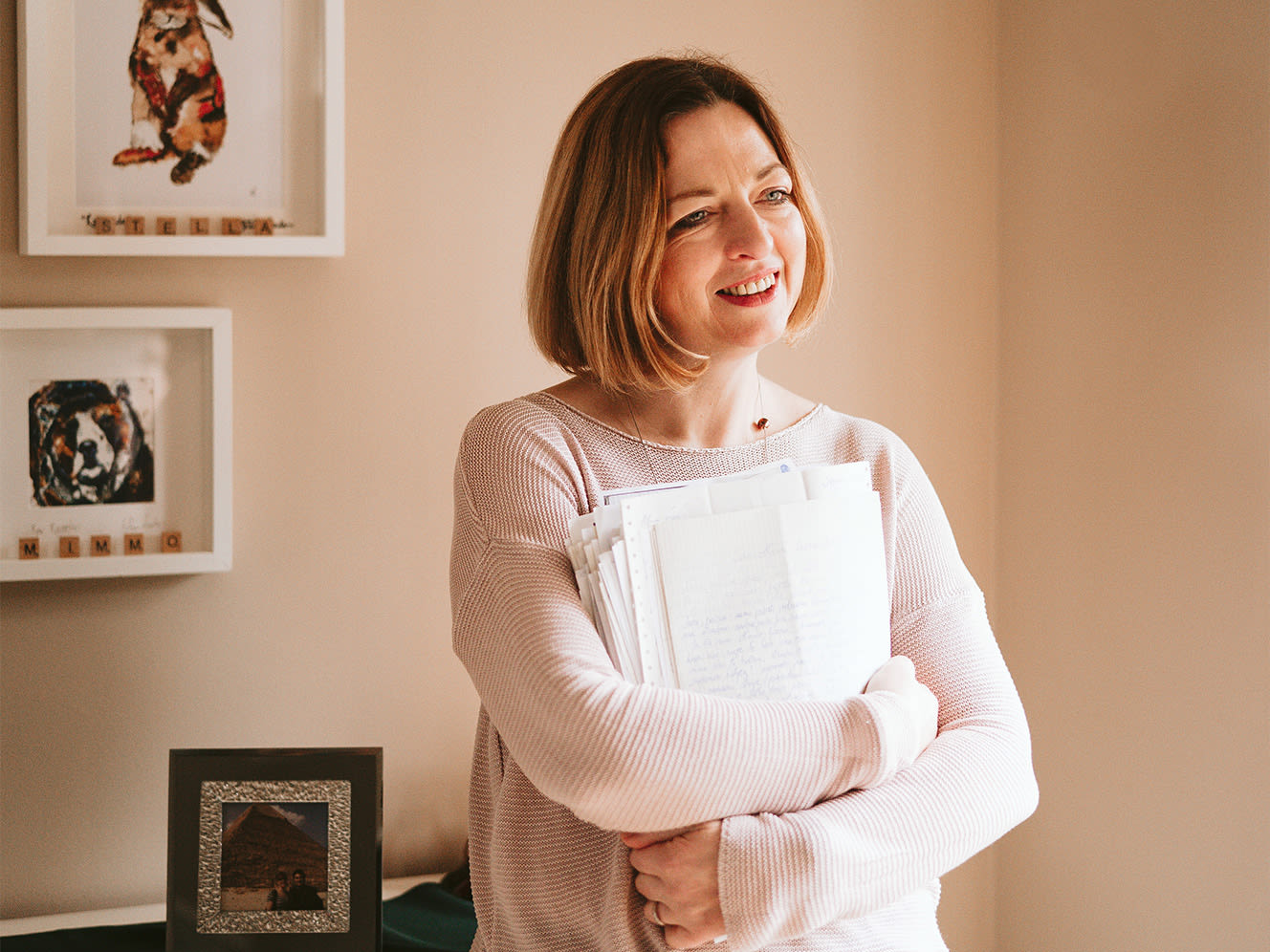
Alma
At 17 years old, Alma's life was changed by the war in Bosnia. Her story is about her journey to the UK and how she used letters to stay connected with a friend back home.
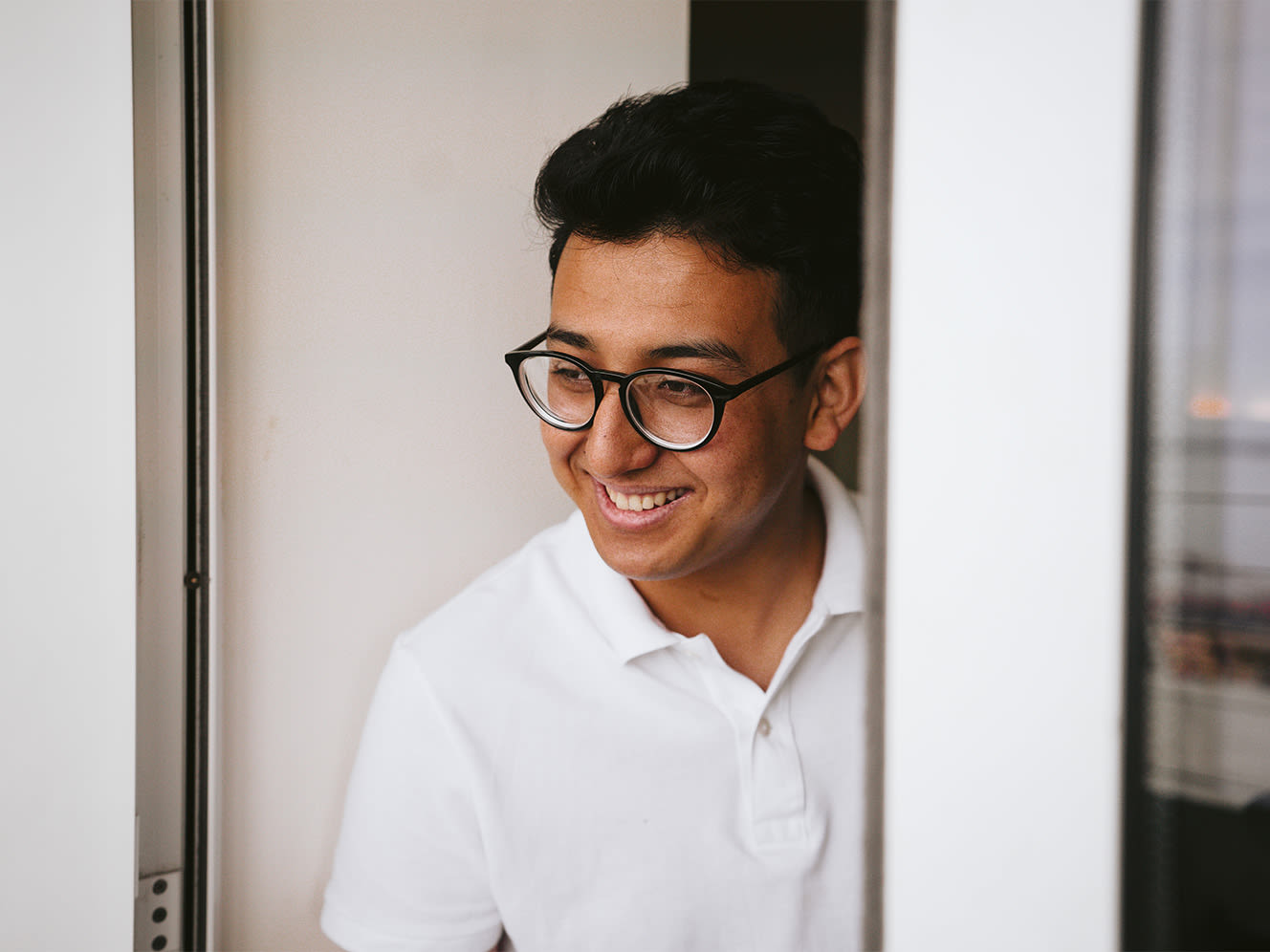
Amir
Amir, a budding photographer, runner and guitar player, shares how he rebuilt his life after US and NATO forces withdrew him from Afghanistan.
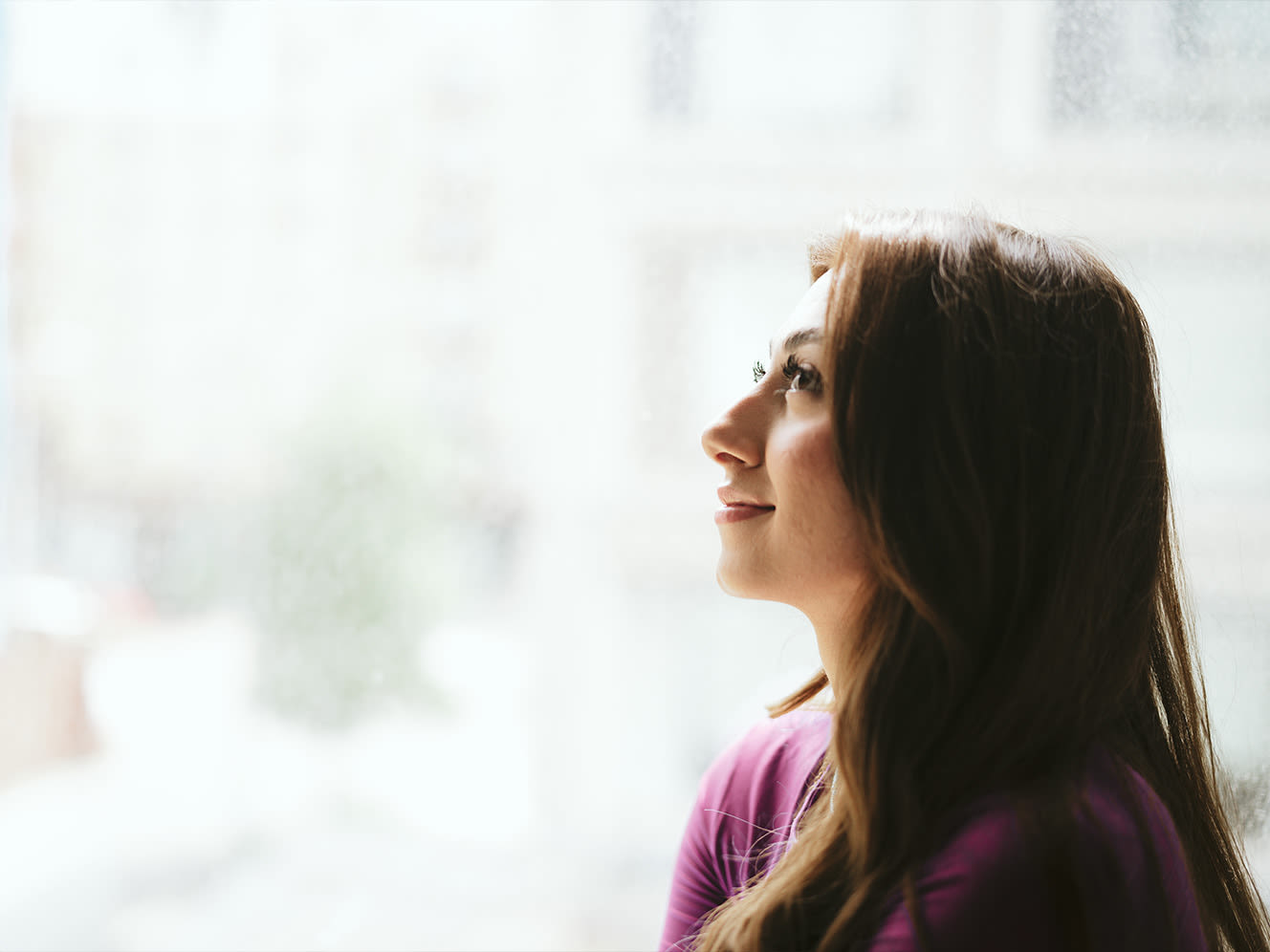
Esther
After fleeing the war in Syria, Esther moved to Lebanon, then Hull, and now London. As someone who always moves towards happiness, this story illustrates the power of positivity.
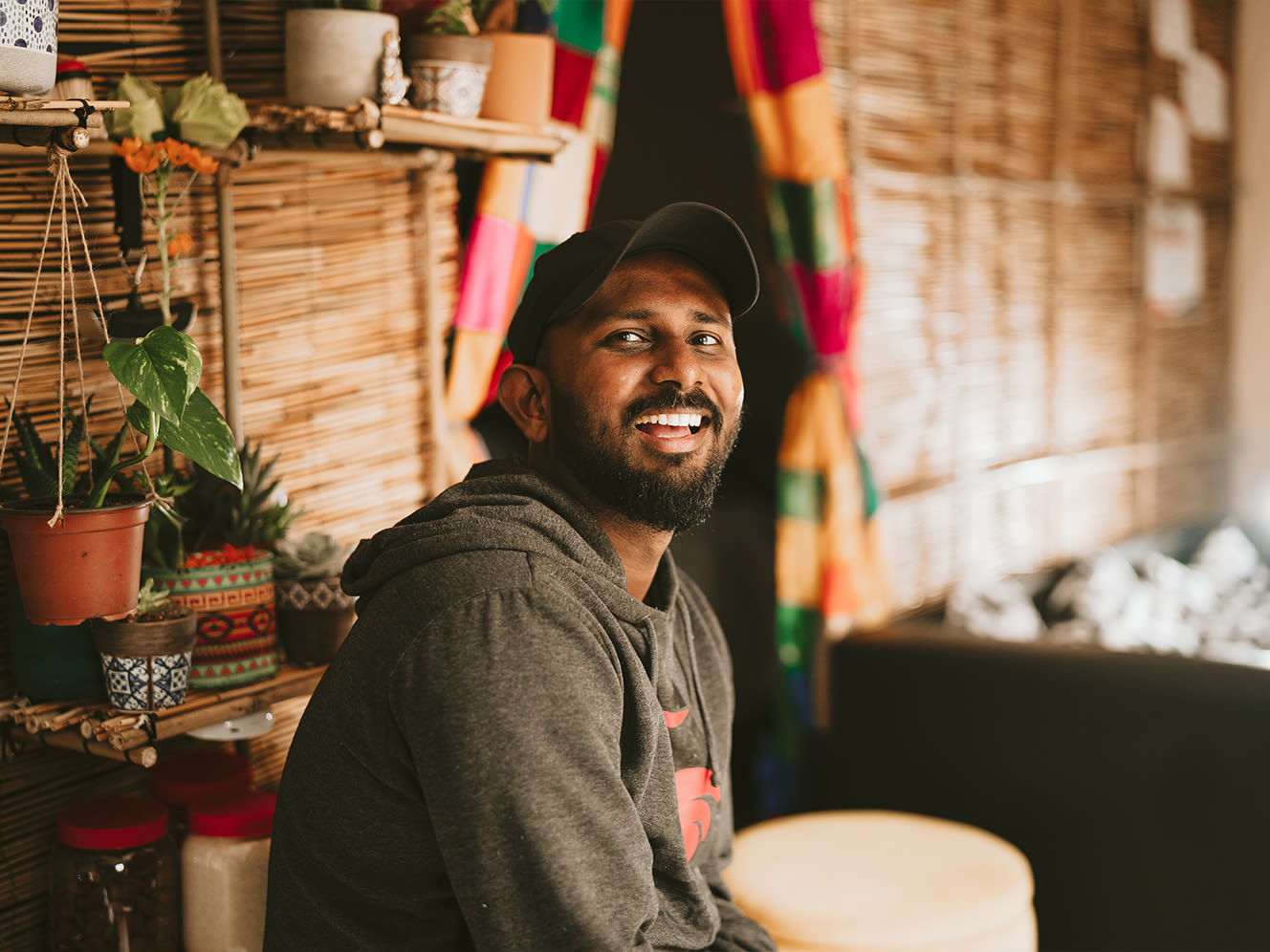
Janahan
With his life endangered by the civil war, Janahan fled Sri Lanka. This is his creativity, connection to plants, and search for safety.
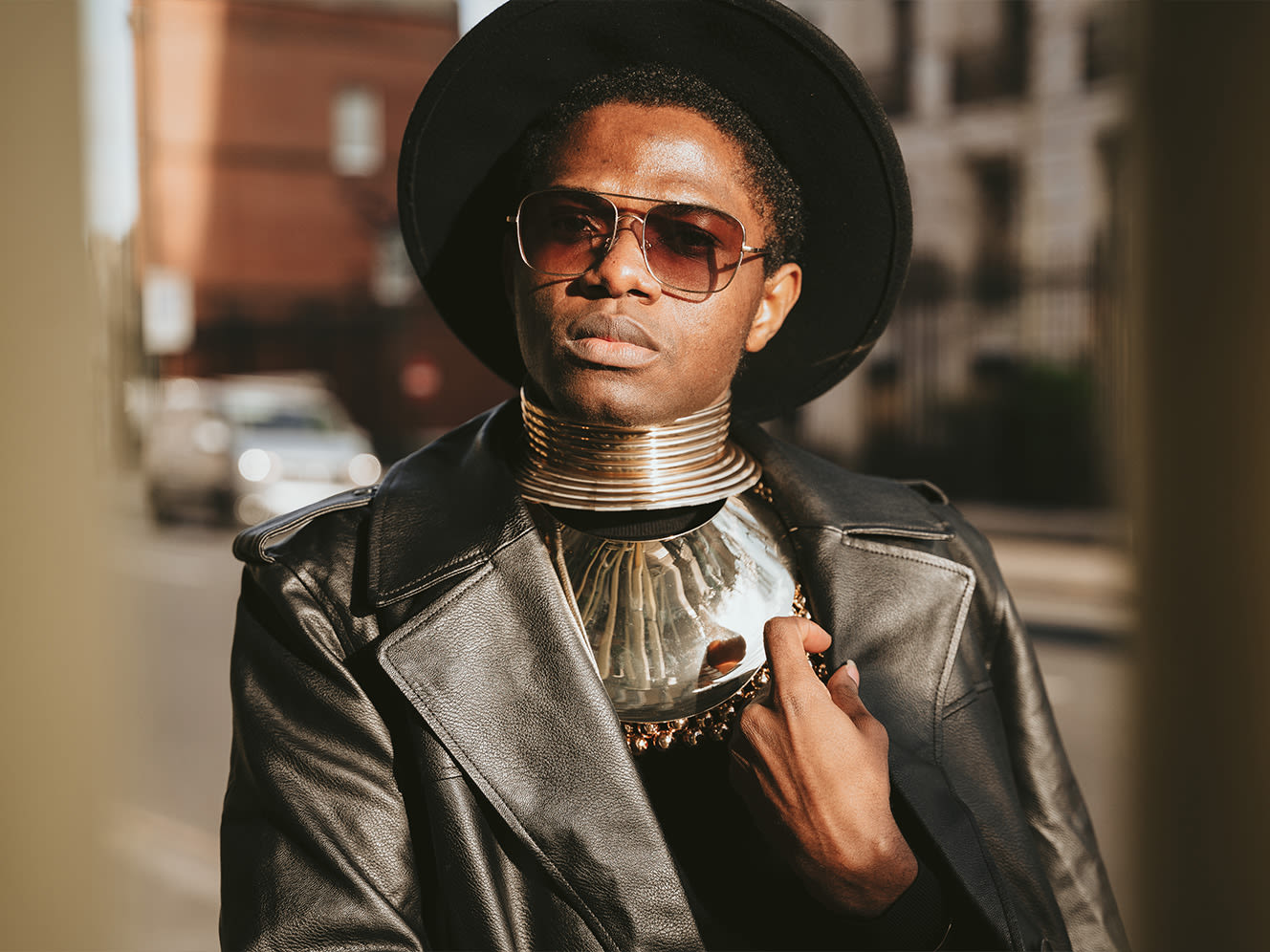
Joel
After campaigning for the rights of the LGBTQ+ community in Nigeria, Joel returned to the UK seeking asylum. Joel's story champions being proud of who you are, regardless of what the world thinks.
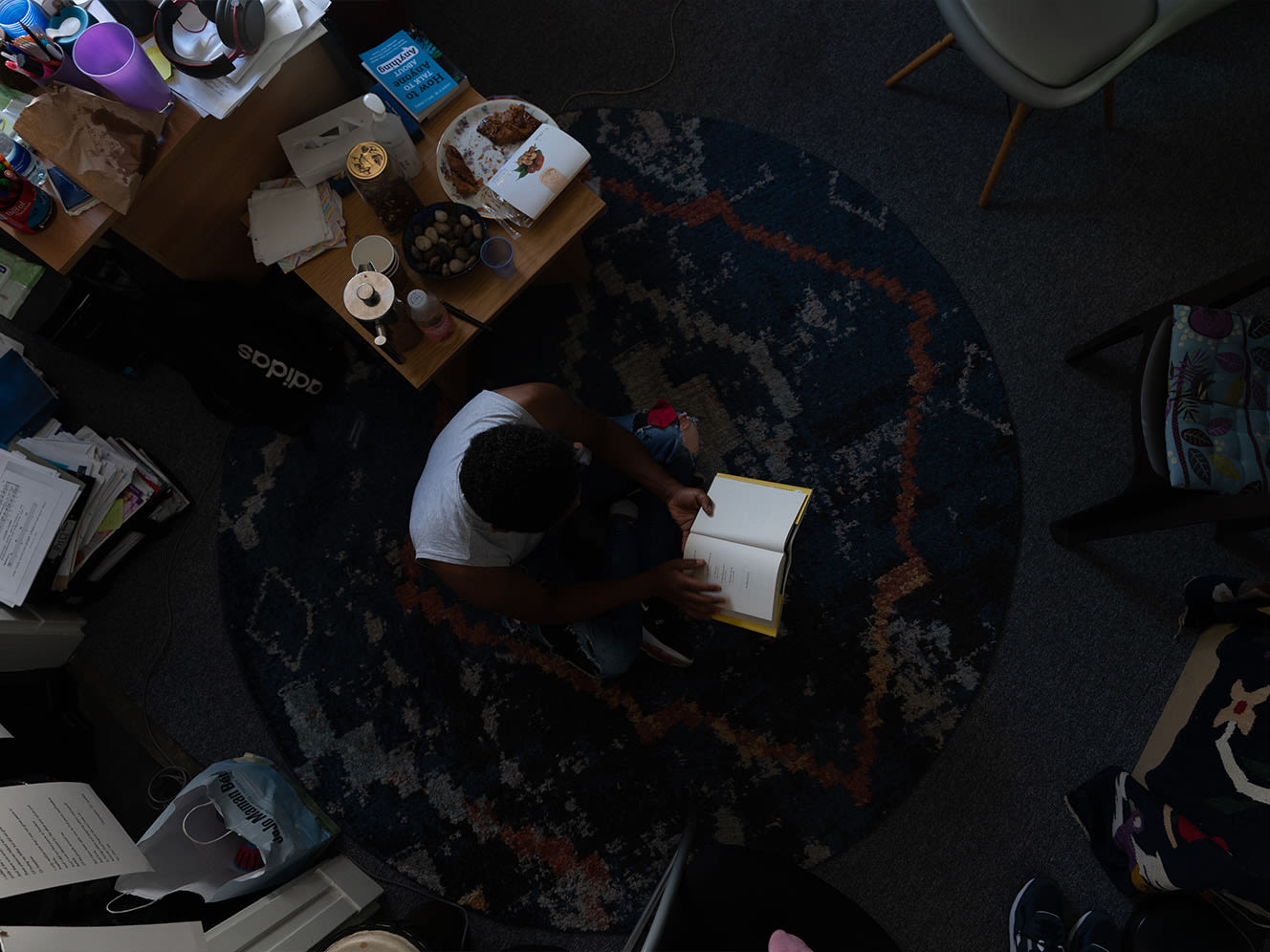
Salim
Salim's story is about his journey over land and sea, and memories of Ethiopia. In conversation with Hassan, Salim shares his favourite books, films, and love for the diversity of London.
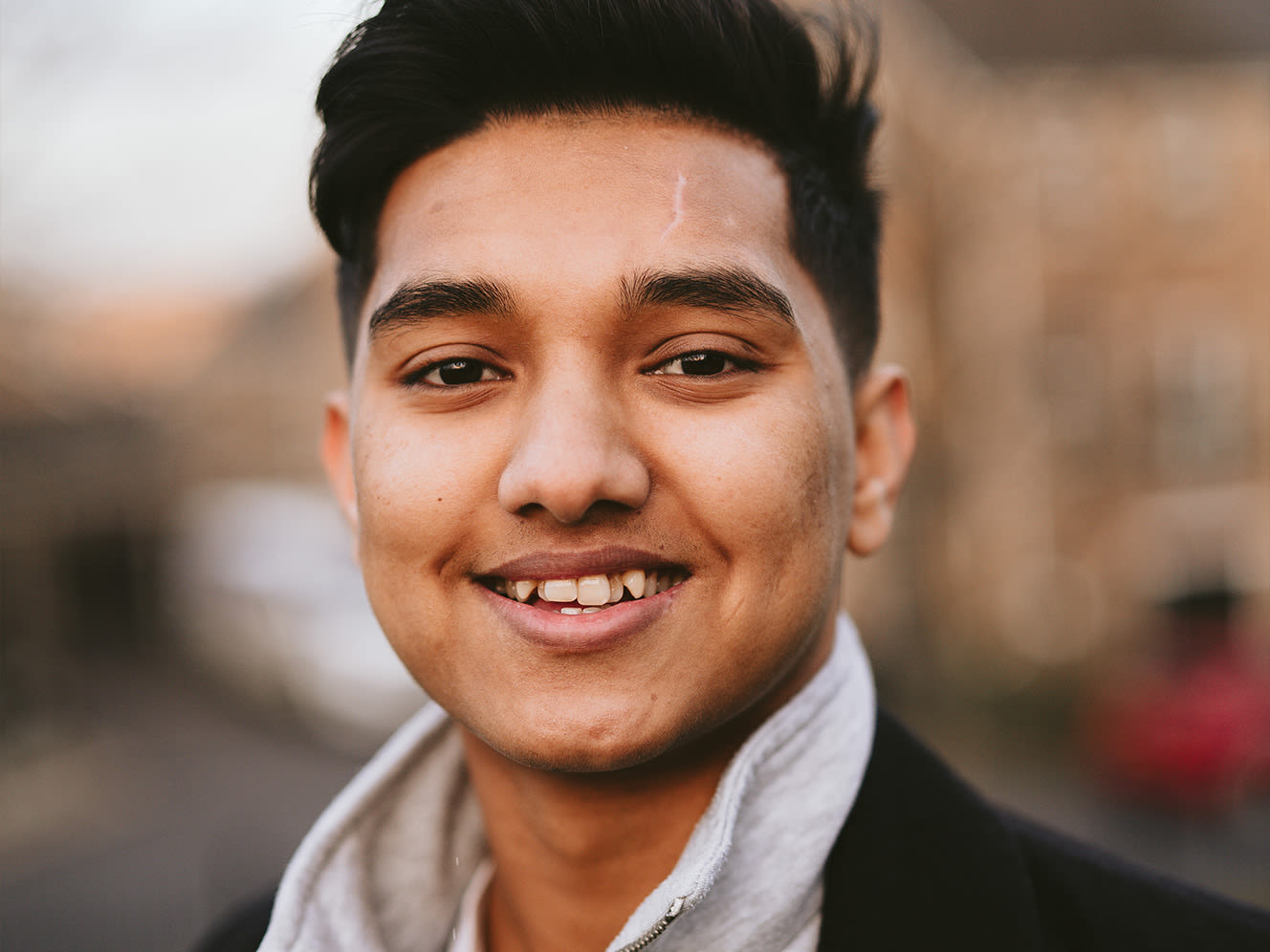
Sirazul
Sirazul was born in a refugee camp and has been obsessed with Education since he can remember. This is his story of statelessness, and how the UK offered him the promise of a better life.